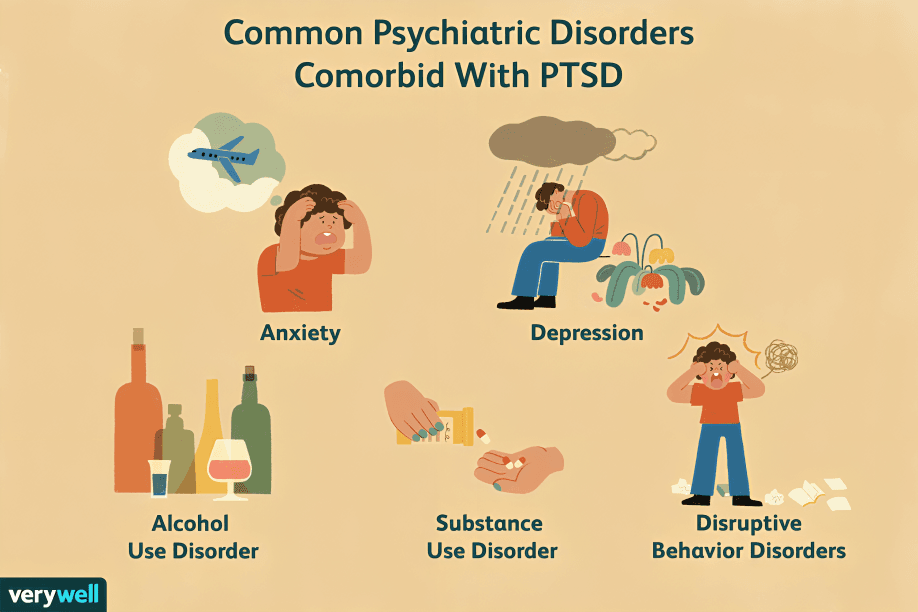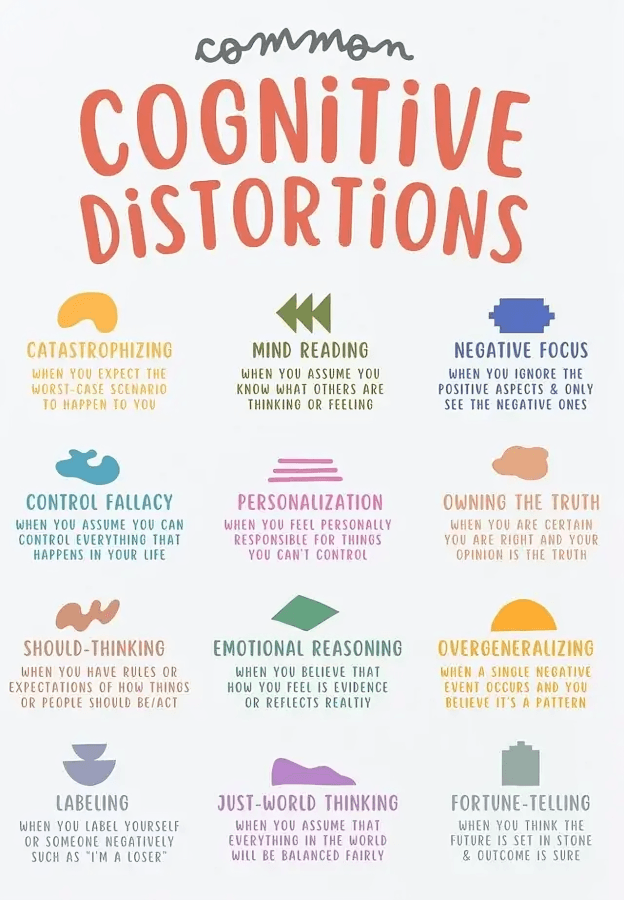
“
Understanding the psychology of addiction reveals how deeply mental processes, emotional triggers, and brain chemistry contribute to compulsive behavior. This knowledge is crucial for creating effective interventions and fostering long-term recovery. By understanding the psychology of addiction, we gain insight into the complex relationship between thought, desire, and control that fuels dependency and relapse cycles.1
”
Addiction is a mental health disorder where individuals compulsively seek substances or behaviors despite negative outcomes, driven by changes in brain circuits involving reward, motivation, and control. 1
Genetics play a major role in addiction risk, influencing how individuals respond to substances and their likelihood of developing compulsive usage patterns under similar environmental conditions. 2

Mental health disorders like anxiety, depression, and PTSD significantly increase the likelihood of addiction, as many use substances or behaviors to self-soothe negative emotions or psychological pain.
The brain’s reward system, especially dopamine pathways, is hijacked in addiction, causing the brain to associate intense pleasure with substances or behaviors, reinforcing repeated use despite harm. 3
Addiction can result in physical and emotional withdrawal symptoms, like sweating, anxiety, nausea, or irritability, making it harder to stop and reinforcing the cycle of dependence. 4
Environmental factors like trauma, abuse, poverty, or early exposure to substances significantly raise addiction risk, shaping how individuals cope with stress and seek comfort or escape. 5
Addictive behaviors can extend beyond substances, including gambling, shopping, or gaming, as they activate similar brain reward systems and cause compulsive repetition despite negative outcomes. 6
People with addiction often struggle with impaired impulse control and decision-making because of changes in the brain's prefrontal cortex, responsible for logical thinking and restraint. 7
Cravings are triggered by internal emotions or external cues, like stress or familiar places, prompting powerful urges to use substances, even after long periods of sobriety. 8
Addiction often involves denial, where individuals minimize or justify their behavior, making it harder to recognize the problem and accept the need for help or change. 9

Cognitive distortions, such as rationalizing harmful behavior or believing they have control, help maintain addiction and delay recovery by justifying continued use or avoiding responsibility.
Addiction treatment is most effective when combining psychological therapy with social support, addressing both underlying mental issues and the physical need to change behaviors and environment. 10
The brain remembers pleasurable experiences intensely, a phenomenon called euphoric recall, which causes addicted individuals to focus on past highs while ignoring past harm or pain. 11

Social influence, including peer groups and family behavior, plays a major role in developing addiction, especially if substance use is normalized or encouraged in those settings.
Long-term drug use can decrease dopamine production naturally, making everyday experiences feel dull and reinforcing the need for substances to feel pleasure or emotional satisfaction again. 12
People with addiction often lose interest in activities once enjoyed, as the brain becomes focused entirely on obtaining and using the substance to feel any kind of reward. 13
Stress is a major factor in addiction development and relapse, as the brain seeks relief from chronic stress through substances that temporarily numb or distract from problems. 14
Addicted individuals may isolate themselves from family and friends, worsening feelings of shame, loneliness, and dependence, which reinforces substance use as a way to cope. 15
Supportive environments and peer groups can dramatically improve recovery outcomes, providing encouragement, accountability, and shared experiences that counter isolation and help maintain sobriety. 16
Addiction is a chronic but treatable condition, requiring long-term care, lifestyle changes, emotional healing, and often multiple attempts before achieving lasting recovery and restored mental balance. 17


